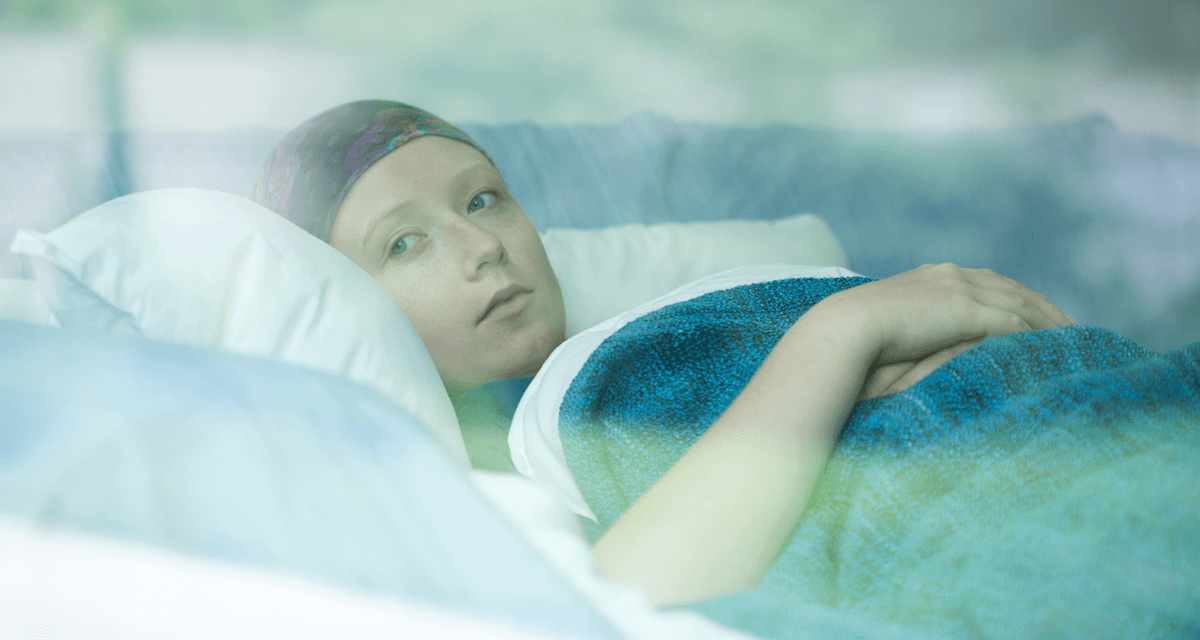Diets high in antioxidant-rich foods may cut the risk of developing bacterial infections or mucositis during the first phase of acute lymphoblastic leukemia (ALL) treatment in pediatric patients, according to a study published in the Journal of Clinical Oncology. Researchers analyzed clinical and dietary survey data from 513 children with ALL participating in a prospective clinical trial. Associations between dietary intake of antioxidants and treatment-related toxicities and survival were evaluated both in the induction and post-induction phases of therapy.
The study team found that 23% and 16% of patients experienced a bacterial infection during the induction or post-induction phases of treatment, respectively, while 4% and 10%, respectively, experienced mucositis. There was a significant association noted between increased intake of dietary antioxidants and lower rates of infection and mucositis. There were no associations seen between dietary antioxidants and either relapse or disease-free survival. Additionally, the investigators observed no associations between supplementation and toxicity, relapse, or survival. “This is the first study to suggest that a high-quality diet, rather than taking supplements, during ALL treatment may be beneficial in reducing these common toxicities,” a coauthor said in a statement.


